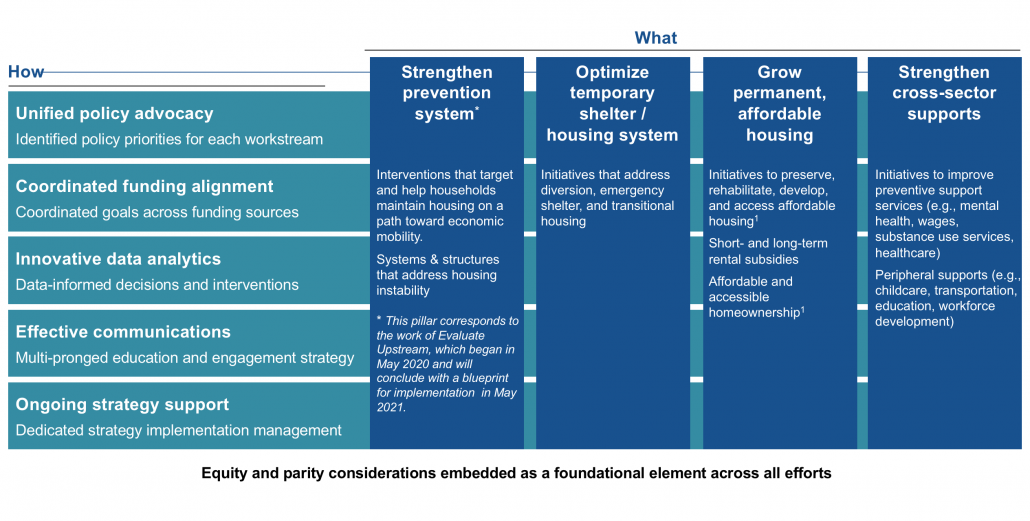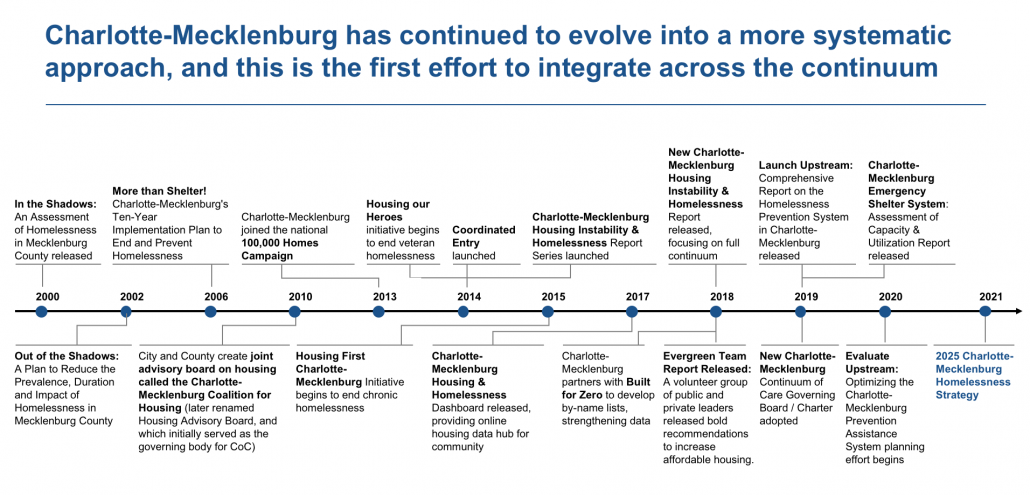A Way Home Foundation
Ada Jenkins Center
Adara Acquisitions
Ally Financial
American Airlines
Anuvia Prevention and Recovery Center
Ascent Real Estate Capital
Atrium Health
Bank of America
Barings
Block Love Charlotte
Blue Cross and Blue Shield of North Carolina
Brookhouse Group
Caldwell Presbyterian Church
Camino
Canopy Housing Foundation (charitable arm of Canopy Realtor Association)
CareRing
Carolinas CARE Partnership
Carolinas Farm Trust
Caterpillar Ministries
Catholic Charities
Charlotte Airport
Charlotte Angels
Charlotte Area Transit System
Charlotte Center City Partners
Charlotte Center for Legal Advocacy
Charlotte Executive Leadership Council
Charlotte Family Housing
Charlotte Mecklenburg Schools
Charlotte Regional Business Alliance
Charlotte Regional Visitor’s Authority
Charlotte Rescue Mission
Charlotte Works
Charlotte-Mecklenburg Continuum of Care
Charlotte-Mecklenburg Schools
Charlotte-Piedmont Community College
Child Care Resources, Inc
City of Charlotte
CommonWealth Charlotte
Communities in Schools
Community Care Bridge
Corning
Council for Children’s Rights
Covenant Presbyterian Church
Crescent Communities
Crisis Assistance Ministry
Crosland SE
CrossRoads Corporation
DreamKey Partners
Duke Energy
First United Methodist Church, Charlotte
Florence Crittendon
Foundation For The Carolinas
Fifth Third Bank
Goodwill Industries of the Southern Piedmont
Greater Charlotte Apartment Association
gruppoETICO
Habitat for Humanity of the Greater Charlotte Region
Heal Charlotte
Hearts Beat as One Foundation
Hearts for the Invisible Coalition
Home Again Foundation
Homeless Services Network
Hope Haven
Hope House Foundation
Hope Vibes
Individual community advocates and volunteers
Individuals with lived experience of homelessness and housing instability
INLIVIAN
International House
Investments with Purpose, Incorporated
JLL
Johnson C. Smith University
Latin American Chamber of Commerce
Latin American Coalition
Laurel Street Partners
Leading on Opportunity
Legal Aid of North Carolina
Leon Levine Foundation
LISC
Loaves & Fishes
Lowe’s
McKinsey & Company
Mecklenburg County
MeckMin
Merancas Foundation
Messer Construction Company
Novant Health
Promise Resource Network
Project 658
Prospera
Roof Above
Safe Alliance
Salvation Army Center of Hope
Samaritan House
Serve Unity Outreach
Smart Start
Social Serve
Stan Greenspon Center for Peace and Social Justice at Queens University
Supportive Housing Communities
The Harvest Center
The Relatives
Thompson Child & Family Focus Services
Time Out Youth
Truist Bank
UCity Family Zone
UNC Charlotte Urban Institute
United Way of Central Carolinas
Urban League
Veterans Bridge Home
Vote Riders
Wells Fargo
West Side Community Land Trust
YMCA of Greater Charlotte
YWCA Central Carolinas





